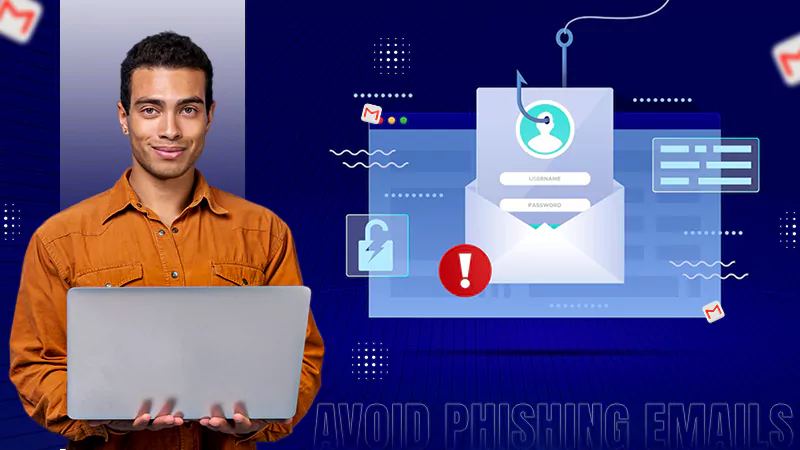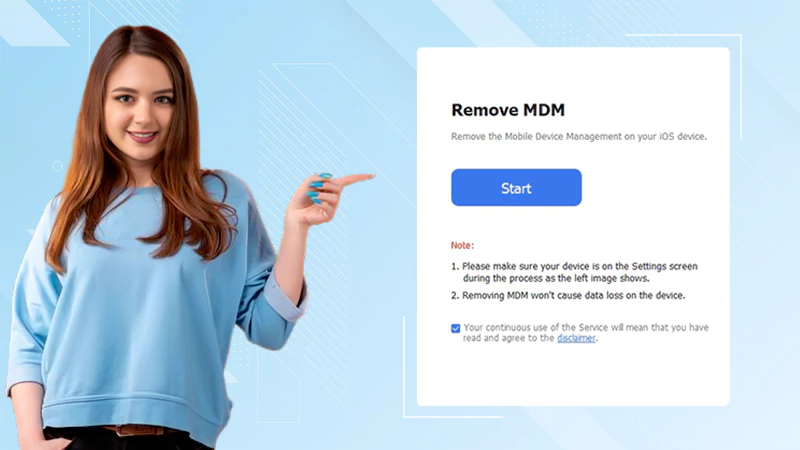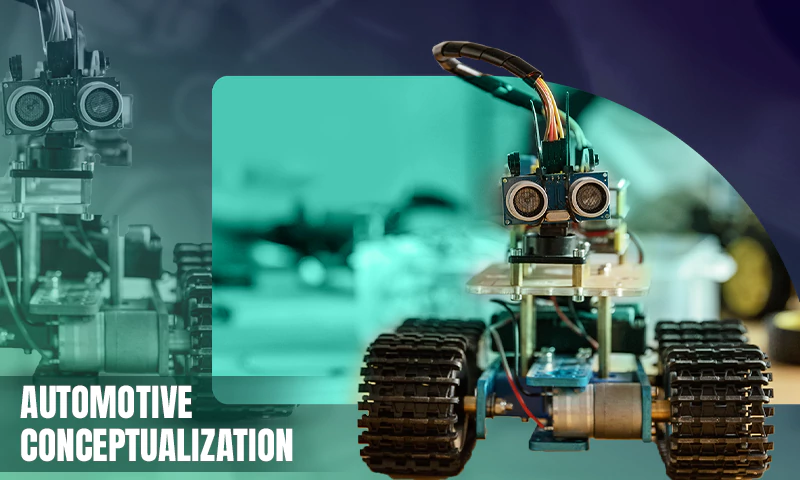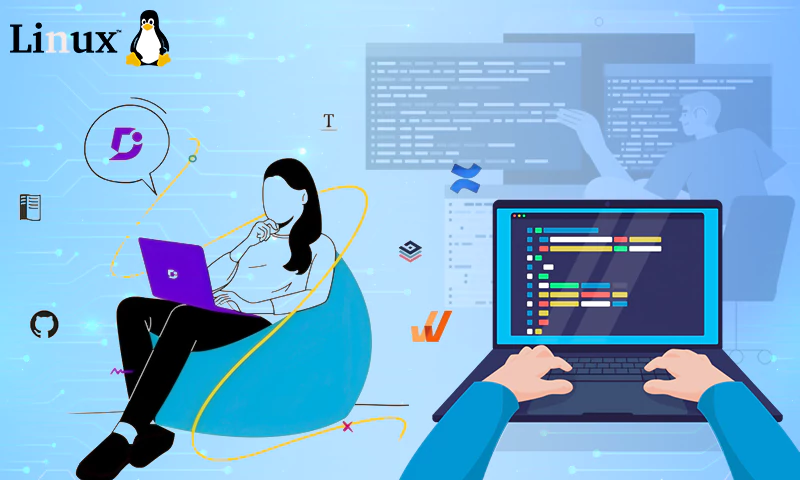How to Mine Bitcoin as a Beginner
Bitcoin mining is among the safest cryptocurrency payment options on the market. That’s because Bitcoin is the first cryptocurrency ever created and has proved reliable and stable throughout the years. And as more countries start to accept bitcoin as a legal form of payment, the global acceptance of Bitcoin will likely happen soon. However, until that succeeds, it’s essential that people completely understand what bitcoin is and how they can use it, so educating future investors and blockchain users is crucial for cryptocurrencies to become widely used by the population.
If you’re new to this and want to learn how Bitcoin can be used, starting with mining will help you understand how the market fluctuates and what techniques to adopt in order to gain incentives. Let’s see how you can mine bitcoin.
What is Bitcoin Mining?
Almost any cryptocurrency has a different mining process. Still, they all revolve around creating new coins by solving complex problems through computational power so that transactions can be validated and added to a distributed ledger.
Bitcoin was the first to create this process of creating valid blocks of data through which people add transaction records to Bitcoin’s public ledger (blockchain). In other words, users can prove ownership through a public-key cryptography system used to encrypt, decrypt or sign data.
People mine bitcoins because it’s a good alternative payment system that allows them to send and receive money from anywhere around the world without other third parties or financial institutions being involved. Therefore, people could pay for services or products regardless of the country they’re sending the money to, making more businesses accept cryptocurrency payments.
How does the Mining Process Work?
Users can mine bitcoins if they succeed in creating a succession of blocks that can be mathematically proven to have been stacked correctly. Bitcoin miners have to test millions of encrypted data until they find a hash that complies with different conditions. The difficulty of this process has increased in time and is expected to grow even more in the future, as Bitcoin is close to its end when it reaches the maximum coin supply.
Mining also takes time because users mine around one BTC in ten minutes, which is also determined by the hardware used. Mining requires strong computational power in order to produce enough incentives to cover the costs of mining, so people have to invest in costly hardware solutions (CPUs, graphics cards, power supply, and storage).
Should You Mine Bitcoin?
Mining can be a tedious process, especially in the beginning, when people might be tempted to invest way too much money and resources to gain cryptocurrencies. However, there are other ways of earning experience and bitcoins. You can also learn how to buy bitcoin since there are many ways to do it (you can buy bitcoin with a bank transfer, for example) and sell it at the right time. This would not force you to invest in expensive hardware, but you may be exposed to certain risks if you’re not doing it correctly. But the result might be worth it after some time.
There are many stories around the internet about how people got rich by investing or mining cryptocurrencies, but they might not be entirely accurate. Getting rich is not the final goal, but building a reliable passive income. Therefore, when starting to mine, you shouldn’t expect it to go smoothly or that verifying many blocks will pay off in a short time. This process takes time, patience, and a lot of planning. The cryptocurrency market is pretty unstable, and even if Bitcoin is the most reliable one, the fluctuations determined by supply and demand or media coverage make cryptocurrencies’ value unpredictable.
Whether you should mine Bitcoin needs to be analyzed from many perspectives. For example, you need to decide if this is to be a short-term or long-term approach so you can have a proper strategy that would not put your earnings at risk. Plus, it’s essential to determine if you’re willing to invest in hardware strong enough to sustain all transaction operations. But how profitable is mining, after all?
The Profitability of Bitcoin Mining
Before starting to mine, know there are some costs you should expect. First of all, the hardware is necessary, so it’s the first expense. Secondly, the price of electricity in your area is important because it depends on your location. Still, you should anticipate large electricity bills because mining hardware consumes a lot of energy.
Besides these aspects, mining Bitcoin can be as profitable or not depending on the condition of the market and the presence of other miners on the blockchain. For example, when there’s a bull market, the market is on the rise and is the best time to mine and invest, but when a bear market takes over, the stocks decrease in value, and prices become more volatile. Therefore, it is crucial to know when to mine more and when to take it easy.
Miners also have an influence on how these markets are unveiled. During a bull market, when bitcoin miners purchase more, they would generate less BTC than before. In contrast, miners need to find the perfect combination between location and hardware when a bear market occurs to maintain their earnings.
Bitcoin mining profitability also depends on the type of hardware you use. Better ASIC circuits that produce more hash rates also allow miners to get more significant rewards, but the energy costs would also rise. Therefore, you need to give it a try and see if the costs of mining exceed or not your earnings, which will help you decide if mining is sustainable enough in the future.
Final Thoughts
Bitcoin mining is a complex process, but it’s not as unapproachable as the past years. As the number of miners increases and global acceptance is open to discussion, we expect mining to become profitable enough for more people in the future. However, it also holds risks, so you should approach mining with caution and a good plan.
Share
















